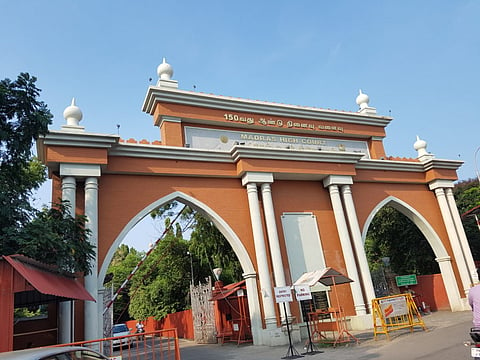
- News
- Columns
- Interviews
- Law Firms
- Apprentice Lawyer
- Legal Jobs
- हिंदी
- ಕನ್ನಡ

The Revenue Bar Association (RBA) has challenged the constitution of the Authority for Advanced Ruling (AAR) and the Appellate AAR under the new Goods and Services Tax (GST) regime in the Madras High Court.